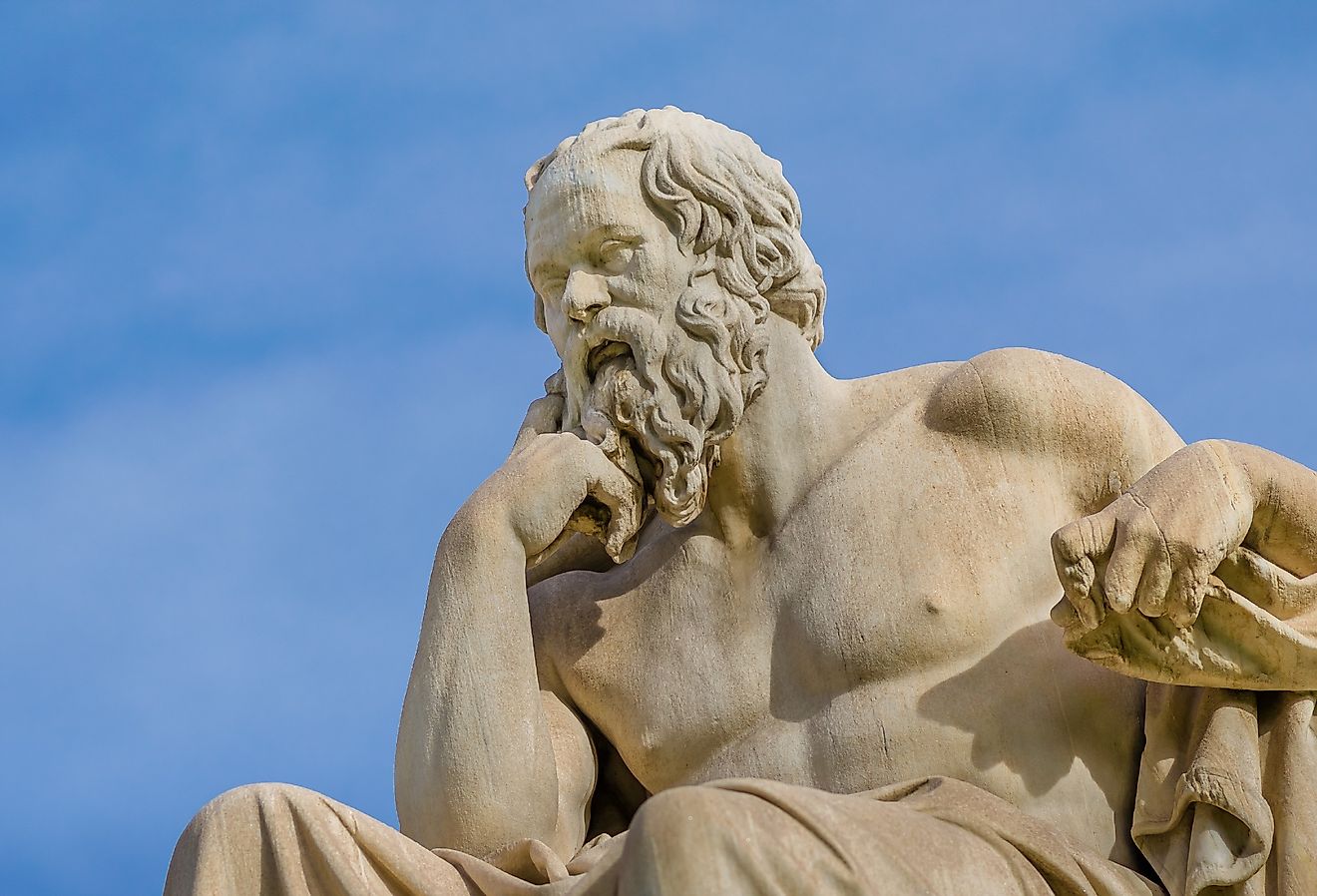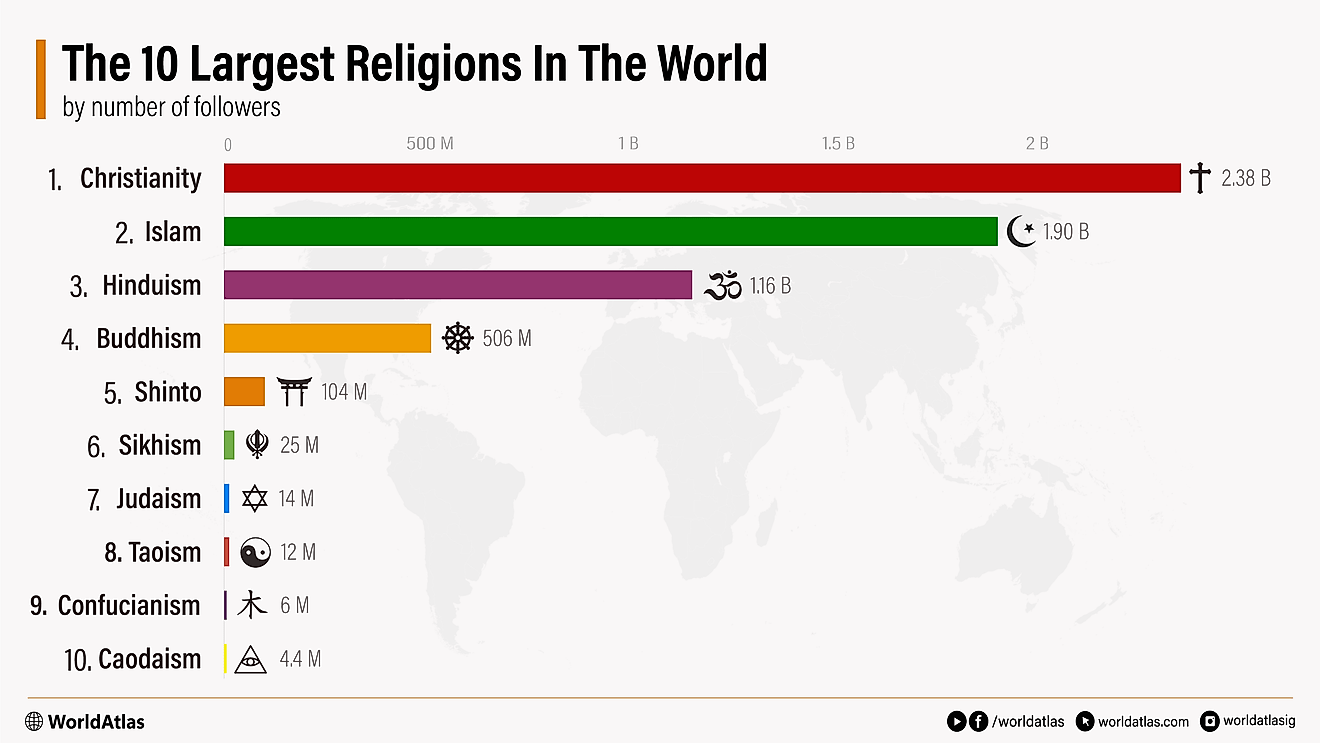What Is Pantheism?

Pantheism is the philosophical belief that the natural universe is identical with divinity. The term is derived from the Greek terms pan meaning all and theos meaning god. In its basic translation, pantheism translates to "all is God" to mean that every single thing is part of immanent god. Pantheists reject the idea of an anthropomorphic or personal god, and they observe a wide range of doctrines which differ by the relationships between different forms of divinity and reality. This belief system exists in several religions including Buddhism and Hinduism. The phrase pantheism was coined in 1697 by Joseph Raphson.
Origin and History
Pantheistic elements feature in several early Gnostic communities, and pantheistic thought existed throughout the Middle Ages. The Roman Church has for centuries considered pantheistic concepts as heresy. The Roman Inquisition burned Giordano Bruno at the stake in the 1600s for preaching about an infinite and immanent God. This Italian monk is heralded as a prominent pantheist as well as a martyr of science.
Pantheism in the west developed as a separate philosophy and theology thanks to the work of Baruch Spinoza, a 17th-century Dutch philosopher who published his highly controversial ideas concerning the nature of the Divine and the Hebrew Bible. Spinoza was excluded from the Jewish community at 23 years of age, but his work would go on to be the basis on which modern biblical criticism and the 18th century Enlightenment were founded. A controversy about Spinoza's publications brewed between the German philosophers Moses Mendelssohn and Friedrich Jacobi which facilitated the spread of the philosophy to numerous German thinkers.
The concept of pantheism was subsequently pondered upon by Joseph Raphson who in 1697 published De Spatio Reali seu Ente Infinito. Raphson borrowed from the pantheism of the Greeks, Ancient Egyptians, Indians, Persians, Jewish Kabbalists, Assyrians, and Syrians. The term pantheism features in a translation of Raphson's publication and later in the work of John Toland.
Many celebrated philosophers and thinkers adopted the pantheism viewpoint in the 19th century fueling the growth of the philosophy. Among these thinkers were Henry Thoreau and Walt Whitman in the US and the Britons Samuel Coleridge and William Wordsworth. Pantheists resorted to creating organizations in the late 20th century which treated Pantheism as a separate religion.
Pantheism in Religion
Numerous traditional, as well as folk religions such as those indigenous to America and Africa, can be considered as pantheistic or an integration of pantheism and other ideologies including animism and polytheism. Pantheists have also pointed out pantheistic elements present in several forms of Christianity. Pantheistic thoughts featured in some South/East religious systems before the 18th century such as Taoism, Sikhism, and Confucianism. Pantheism is popularly featured in contemporary spirituality as well as in such New Religious Movements as Theosophy and Neopaganism. There are currently two organizations that include the term pantheism in their titles. The Universal Pantheist Society has been active since 1975, and it welcomes all varieties of pantheists and it also a proponent of environmental concerns. The World Pantheist Movement has been welcomed to membership since 1991. It developed from a mailing list organized in 1977 by Paul Harri which was built upon his Scientific Pantheism website and it promotes naturalistic pantheism.
Pantheism and Western Monotheism
Western religion preaches a God that is transcendent, overwhelmingly powerful, mysterious, beyond human understanding, and creator of the universe. Some of these characteristics are also possessed by the divine universe while it fits others if the terms are interpreted flexibly. It is, for example, mysterious and although humans have understood the universe better to some degree, there are still infinite questions about the universe even scientific research has not been able to answer satisfactorily. The universe is also powerful as it creates and devastates at an extreme scale. The universe is also a creator. Pantheism bears several distinctions with the traditional definition of God. The Old Testament attributes such characteristics as the ability to get angry with God. Pantheists resist the notion of a personal God, and the Pantheist God does not possess a will to be exercised upon the universe. The Pantheist God is a non-personal divinity who pervades all existence. Pantheists further reject the thought that God is transcendent. Western religion asserts that God is beyond and above the universe and although he is completely present in it, he also exists outside it. Pantheists say that God is everything to illustrate the idea that the divine being is not transcendent.
Types of Pantheism
Pantheism is practiced in different forms. Classical Pantheism stresses on the equality of God and existence, and it does not attempt to minimize or redefine the definition of any of the two entities. Classical pantheism bears similarities to Monism in that they regard all things as being elements of an all-encompassing personal god. This form of Pantheism is recognized for its simplicity, and it is represented by religious traditions such as Kabbalistic Judaism and Hinduism. Biblical Pantheism points out to several pantheistic elements in the Bible, and most traditional Christians condemn it. Adherents of Naturalistic Pantheism view God as the sum of all unified natural phenomena. It is founded on the ideas of Baruch Spinoza as well as those of John Toland and other contemporary thinkers. Cosmotheism emerged as a controversial philosophy in the late 18th century, and it subscribes to the idea that God is an entity created by man and it is maybe even a final state of human evolution arrived at through forms of genetic engineering. Pandeism holds that God was initially a sentient and conscious entity who became unconscious and non-sentient through creating the universe. The Panentheism belief bears several similar elements with Pantheism although the former asserts that God is greater than the physical universe and thus the physical universe is one part of God's nature.
Significance of Pantheism
Pantheist thinkers are present in many religious systems although orthodox members reject them. Pantheism is therefore mostly discussed in environmental, philosophical, and scientific communities and not in mainstream religions. Pantheism poses several difficult philosophical queries that even some of the greatest thinkers have failed to answer. This complexity is magnified when Pantheism is compared to such religious categorizations as polytheism and monotheism. Pantheists believe that their philosophies are necessary as a correction to the common way people view God and that such ideas have the potential to create a more informed conception of the existence of both God and humans.











